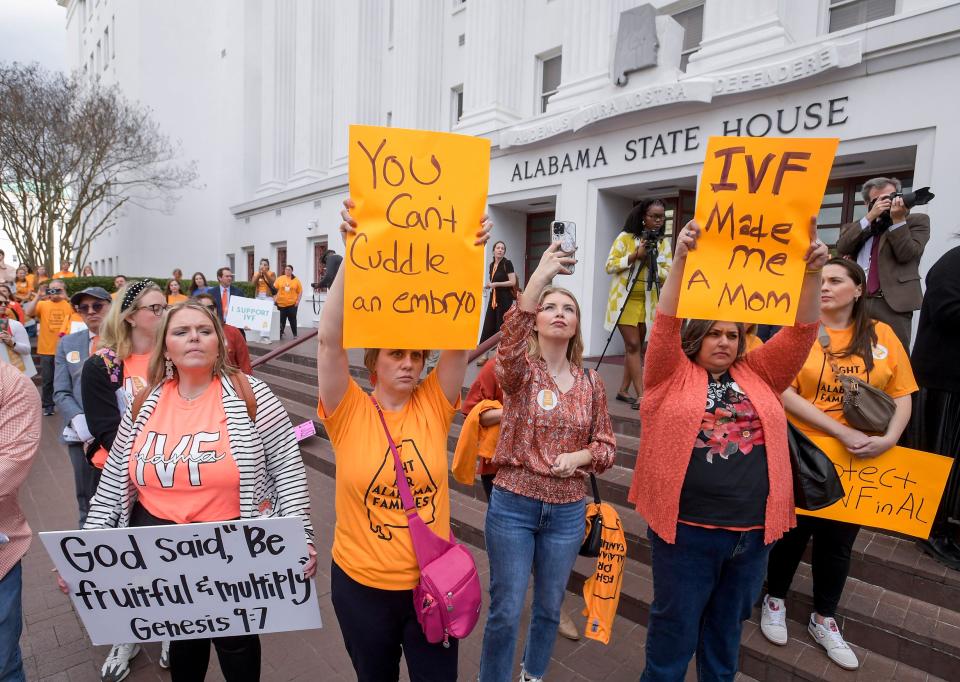National Infertility Awareness Week: How IVF concerns can impact mental health
Waiting for the results of a pregnancy test can feel like an eternity. The mix of anxiety, excitement and potential fear of the result is a shared experience for many women. But for those who wish for two lines and only get one, over and over again, emotions can change with each negative result. As we recognized National Infertility Awareness Week (April 21-April 27) it’s important we shine a light on the one in five American women experiencing infertility and the mental and emotional impact it has on them and their families.
Learning that Gov. Phil Murphy signed legislation to expand insurance coverage of infertility care made my new mom's heart happy. As a therapist, I've heard countless stories from those who could only afford one round of in vitro fertilization — IVF — without putting themselves into debt to start a family. Navigating financial uncertainty, in addition to infertility, can have a severe impact on an individual's mental health.
IVF treatment can be mentally, emotionally and physically demanding. The lack of control over whether it will work, mixed with the constant hope of seeing those two beautiful lines on a pregnancy test, can create an emotional roller coaster. Even mentioning infertility can be difficult for those experiencing it. They may have feelings of shame and grief or feel like something is fundamentally wrong with them.

Nationwide, access to IVF treatment can vary. Recent legislative action has put access and affordability of care at risk in states like Alabama, where the Alabama Supreme Court ruled that embryos created through IVF should be considered children. Alabama residents and those in other states considering similar legislation may find IVF is no longer an option, which can have significant mental health implications. On top of everything else, couples navigating infertility must now consider the legal consequences of IVF.
Opinion: I was diagnosed with cancer and couldn't afford fertility treatment. IVF should be free.
For families trying to make it through their journey with infertility, I want you to know that you are not alone. Talking about infertility and the struggles that come with it is difficult, but creating an environment where this topic can be an open discussion can only lead to more support for those dealing with it. Waiting and hoping for a positive pregnancy test after years of trying and finally getting those two little lines is something I wish for everyone working toward building the family they deserve.

Through this new bill, New Jersey is on its way to easing the financial burden that can come with IVF. As a community, we need to be aware of the mental health challenges that come with infertility and offer our support. From validating their experience to helping them find support resources, there is so much we can do to be the village that those struggling with infertility need.
Alexis Powers is a licensed professional counselor with Thriveworks in Paramus, specializing in women's issues, self-esteem, anxiety and depression.
This article originally appeared on NorthJersey.com: How IVF concerns can impact mental health

